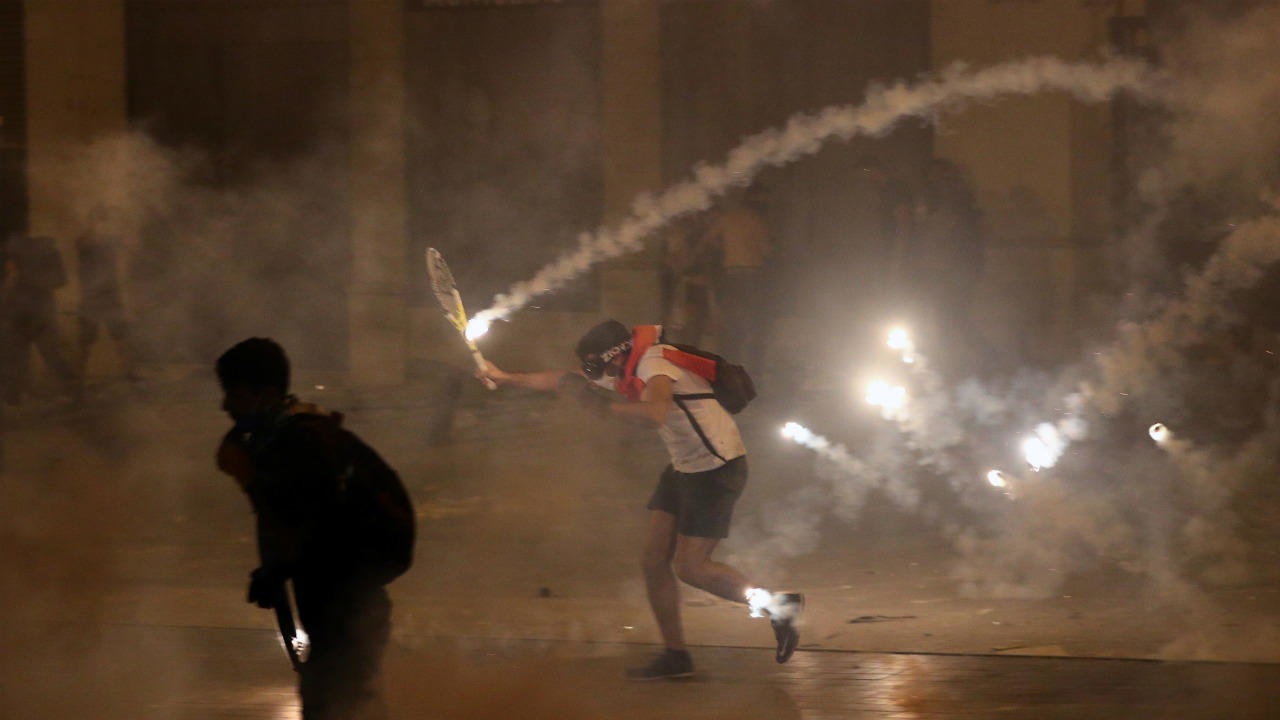India warns of conflagration if world doesnt act on terrorism

Indias Foreign Minister Sushma Swaraj addressing the 73rd United Nations General Assembly yesterday in New York.
United Nations: “If we do not act now, we will have to deal with conflagration later,” Indias External Affairs Minister warned on Saturday as she renewed Indias calls for international action against terrorism with a scathing attack on Pakistans support for terror.
Speaking in Hindi at the UN General Assembly, Swaraj said, “The demon of terrorism now stalks the world, at a faster pace somewhere, a slower pace elsewhere, but life-threatening everywhere,”
“In our case, terrorism is bred not in some faraway land, but across our border to the west,” she added.
“The killers of 9/11 met their fate; but the mastermind of 26/11 Hafiz Saeed still roams the streets of Pakistan with impunity.”
She accused Pakistan of “duplicity” and “hypocrisy,” citing the shelter it gave Osama Bin Laden.
“What America perhaps could not comprehend was that Osama would get sanctuary in a country that claimed to be Americas friend and ally: Pakistan. Eventually, Americas intelligence services discovered the truth of this hypocrisy, and its special forces delivered justice,” she said.
She called for going beyond listing terrorists for sanctions by the UN and taking on their protectors, a direct reference to Pakistan.
Calling for international action against terrorists and nations protecting them, she said, “Each year, for [the] last five years, India has been arguing from this podium that lists are not enough to check terrorists and their protectors. We need to bring them to accountability through international law.”
She called for the early adoption of “one of the necessary measures in a long-running war,” the Comprehensive Convention on International Terrorism, which was proposed by India in 1996 and has been stalled because of UN members cant agree on a definition of terrorism.
The convention would outlaw terrorism under all guises and legally require nations to not aid terrorists.
Swaraj said, “On the one hand, we want to fight terrorism; on the other, we cannot define it. This is why terrorists with a price on their head are celebrated, finance and armed as liberation heroes by a country that remains a member of the United Nations. Cruelty and barbarism are advertised as heroism.”
She drew attention to Pakistan, printing postage stamps glorifying terrorists — one of the factors that led to India calling off a meeting between her and Pakistani Foreign Minister Shah Mahmoud Quraishi.
Swaraj called accusations by Pakistan that India was “sabotaging the process of talks” between them “a complete lie.”
“We believe that talks are the only rational means to resolve the most complex of disputes,” she reiterated.
Many Indian governments under different parties had tried to hold talks and pursue a peace process, but “if they stopped, it was only because of Pakistans behaviour,” she said.
She recalled that in December 2016, “I personally went to Islamabad and offered a comprehensive bilateral dialogue. But soon after, [Pakistan]-sponsored terrorists attacked our air force base in Pathankot on January 2.”
“Please explain to me how we could pursue talks in the midst of terrorist bloodshed,” she asked.
In a reply to Pakistans accusations of human rights violations by India, she asked, “Who can be a greater transgressor of human rights than a terrorist?”
She said, “Those who take innocent human lives in pursuit of war by other means are defenders of inhuman behaviour, not of human rights. Pakistan glorifies killers; it refuses to see the blood of innocents.”
UN reform
Swaraj also warned that the UN risks falling into irrelevance in the absence of fundamental reforms, saying multilateralism will collapse if the world body remains ineffective.
For long, India has been calling for the reform of the UN Security Council along with Brazil, Germany and Japan. The four countries support each others bids for the permanent seats in the top UN body.
“I began by highlighting the unique and positive role of the UN, but I must add that step by slow step, the importance, influence, respect and value of this institution is beginning to ebb,” Swaraj said.
“Reform cannot be cosmetic. We need to change the institutions head and heart to make both compatible to the contemporary reality,” she said.
Swaraj warned against a delay in reforming the world body, saying reform must begin today as tomorrow could be too late.
“If the UN is ineffective, the whole concept of multilateralism will collapse,” she said.
At a time when there is much debate about multilateralism, which as UN Secretary-General Antonio Guterres said is under fire precisely when it is needed the most, Swaraj said India will never weaken the multilateral mechanism.
“India believes that the world is a family, and the best means of resolution is shared discourse. A family is shaped by love and is not transactional; a family is nurtured by consideration not greed; a family believes in harmony not jealousy. Greed breeds conflict; consideration leads to resolution. That is why the United Nations must be based on the principles of the family. The UN cannot be run by the I, it only works by the We,” she said.
Drawing a parallel with the fate of the League of Nations, Swaraj said the League went into meltdown because it was unwilling to accept the need for a reform.




